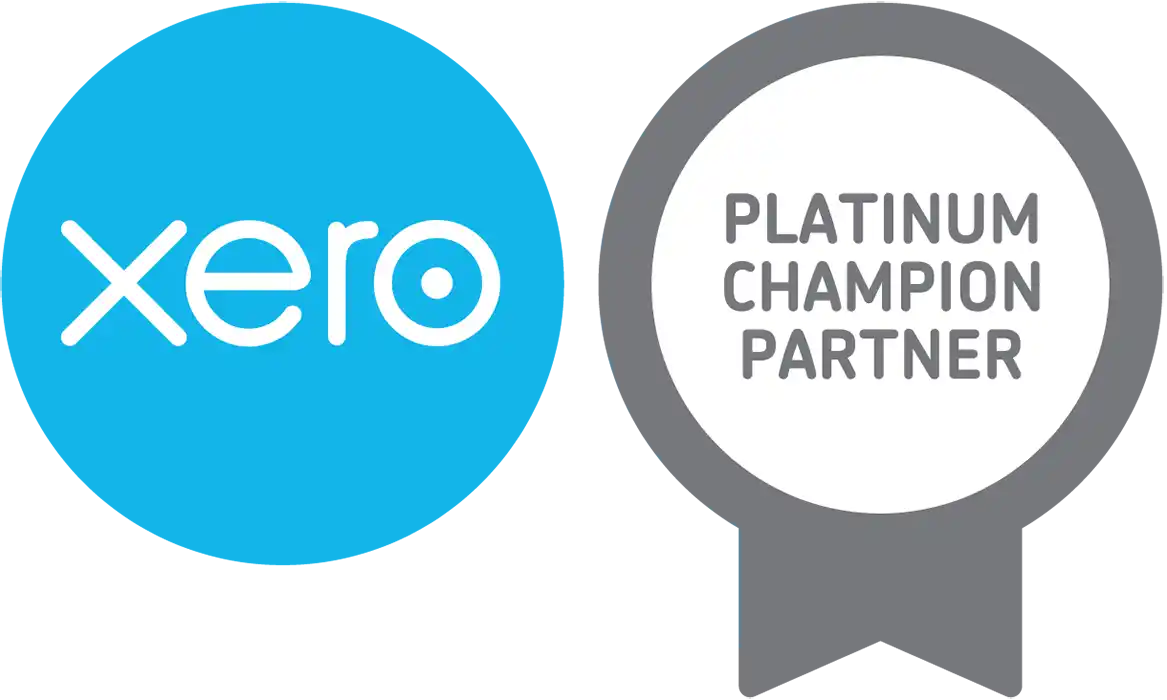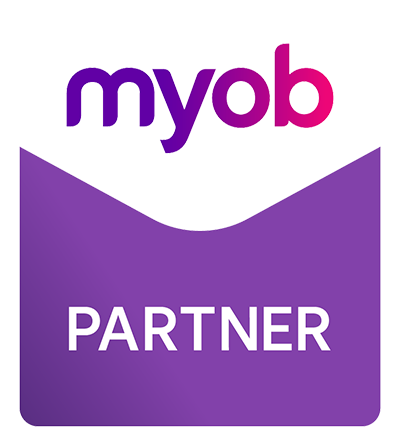dynamizegroup
January 16, 2024

It’s time to do your logbook.
Maintaining a logbook helps to provide proof of both private and business use to the ATO.
This can be used to maximise refunds for individual tax returns and minimise or eliminate Fringe Benefits Tax (FBT) for businesses. A logbook is a written record of all business-related car trips taken over a 12-week period.
Duration and Typical Usage
Keep a logbook for a minimum of 12 continuous weeks – that period must reflect the vehicle’s pattern of travel throughout the year. It is important to note that taking a block of annual leave constitutes atypical use.
The 12-week period can span two FBT years, provided it encompasses at least part of the relevant year. With the fast-approaching end of FBT year deadline of 31 March, it is essential to commence logbook entries now to ensure their validity for the current year.
Validity and Renewal
The validity of a logbook extends for five FBT years, inclusive of the year it is prepared, given there are no significant changes in the vehicle’s business use. After the five-year period concludes, a new logbook must be maintained to continue using the operating cost method. Therefore, if your last logbook preparation was in the 2018/19 financial year, a new logbook is required for the current FBT year (2023/24).
Employee Responsibilities
Employees, including directors, are required to prepare a logbook for any business-owned vehicle provided with an element of private use.
Logbook Contents
To be considered valid, the logbook must include details such as the make, model, and registration number of the car, along with dates and odometer readings at the beginning and end of each journey, as well as the purpose of the journey. This information is used to calculate the total number of kilometers travelled during the logbook period and the business use percentage.
Logbook Do’s and Don’ts:
- Do include make, model, and registration number of the car
- Do specify dates and odometer readings at the logbook period’s start and end
- Do provide details for each journey, including start and end dates (especially for overnight trips), odometer readings, and purpose
- Don’t use generic descriptions, such as “business use,” which are deemed insufficient.
Commercial Vehicles and FBT
There is a common misconception among employers with commercial vehicles such as dual-cab utes, that they are automatically exempt from FBT and consequently do not need to maintain a logbook. Exemption only applies when there is absolutely no private use.
Keeping an FBT logbook helps you separate private and business kilometres so you can provide proof of your car expenses to the ATO, so they know which expenses to reimburse. Keeping accurate log book records is worth your while.
If you would like a log book template or you are uncertain about your FBT logbook obligations, contact the team at Dynamize Chartered Accountants, Maitland NSW.







